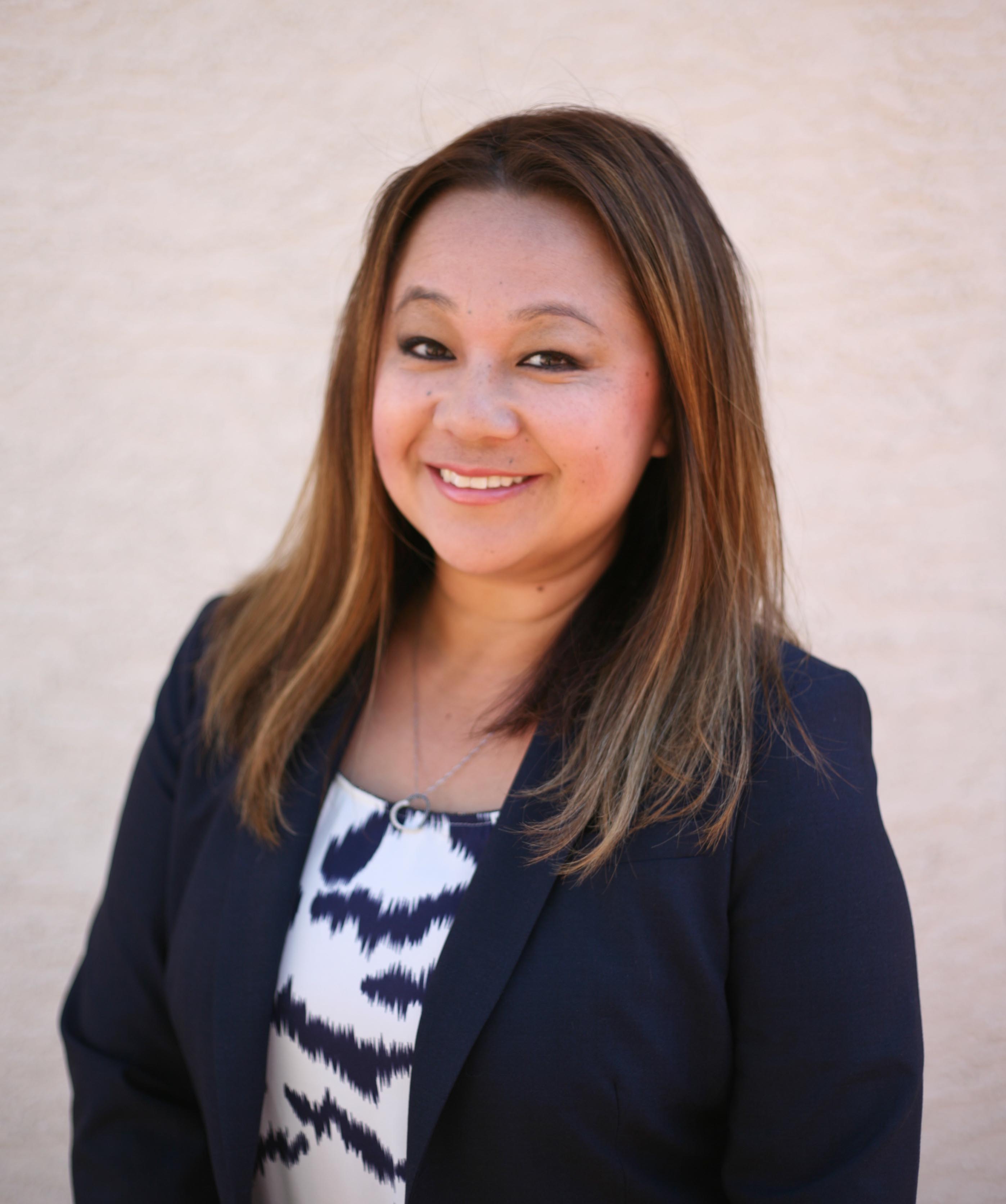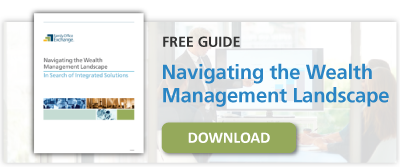Five Risks Ultra-Wealthy Families Need To Watch Out For
Date:
Mar 14, 2016

In our work with ultra-wealthy families, we have seen that those families face some fairly unique risks that ordinary people or business would not typically need to think about. When family offices are doing a risk assessment, these are five questions I strongly encourage them to consider:
1) When was the last time your family clients reviewed their personal property and liability insurance?
Successful individuals acquire assets over time, and it’s not unusual to engage with multiple insurance brokers or companies to respond to each immediate need. Be cautious if assets are insured in a fragmented manner, as this arrangement makes it harder to detect gaps in coverage and could expose the family to hefty out-of-pocket expenses if a claim emerges.
2) Do they have enough personal excess liability insurance?
Insufficient liability coverage is one of the most critical mistakes made by people with substantial wealth. Having an “umbrella” policy isn’t enough—the coverage within it should measure up to one’s total net worth. Most mainstream insurance providers sell policies with limits that cap at around the $5 million mark. If your family clients aren’t buying insurance from specialist providers that cater to high net worth customers, they won’t be able to access better fitting solutions that aren’t readily available in the marketplace. Examples of these advantages include high limits (up to $100 million), coverage to protect against auto accidents caused by uninsured or underinsured motorists, worldwide coverage, and more.
3) Are they currently involved in charities and/or foundations?
High net worth individuals and families often contribute a significant amount of time to charitable organizations. One would assume the charity or foundation would have adequate coverage, but not-for-profits typically operate on a tight budget. If a lawsuit depleted the organization’s liability coverage, the plaintiff could go after individual board members as well. If the board was sued for poor management practice, wrongful termination, harassment, libel or slander, would your family clients have the proper protection?
4) Do they employ private staff?
Unfortunately it’s not uncommon to see an assistant, nanny, driver or cook file a lawsuit against their employer. Not having the right infrastructure to manage domestic employees can put your family clients at risk. When the economy takes a dive, disgruntled staff or terminated employees could be tempted to file a lawsuit for discrimination, sexual harassment or wrongful termination practice. Do your family clients’ current policies respond even when an employee threatens to sue? In addition to obtaining proper insurance coverage, staff management can go a long way to bolster a family’s defenses. Encourage the creation of formal job descriptions, annual reviews and proper documentation for disciplinary actions.
5) Are insurance policies in line with estate plans?
Many high net worth individuals structure their property ownership using LLCs, LLPs and trusts. Not all insurance providers enable policies to reflect these alternate structures, which can result in diminished protection or complications in the event of a claim. This can pose problems if damage occurs at the property, or if an accident or injury sustained on the premises leads to liability claims.
-----

